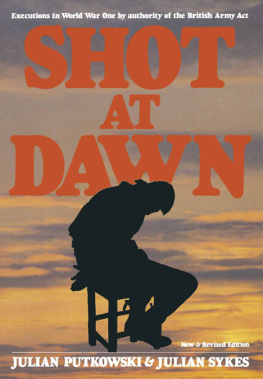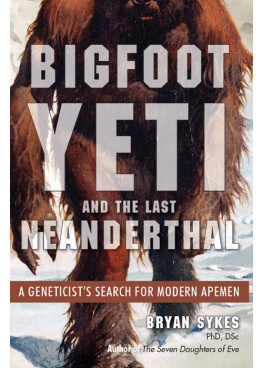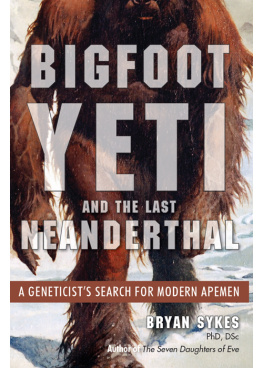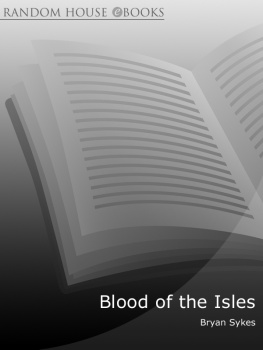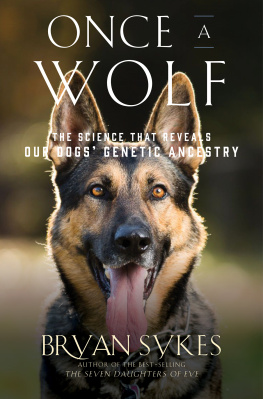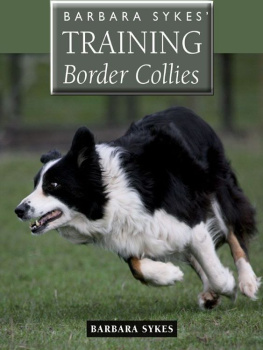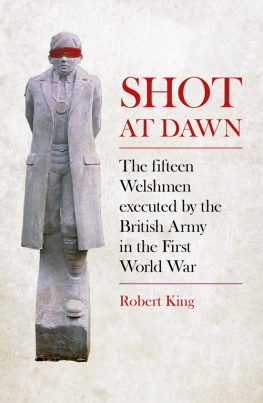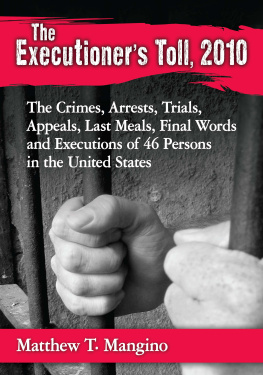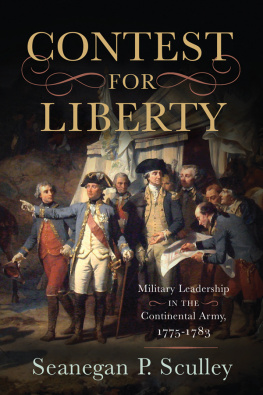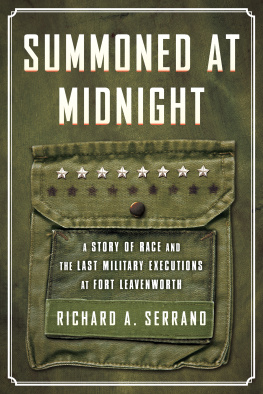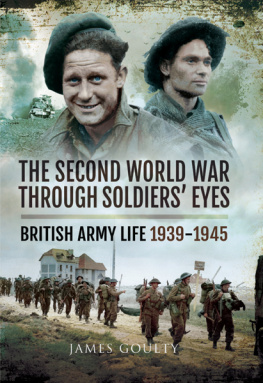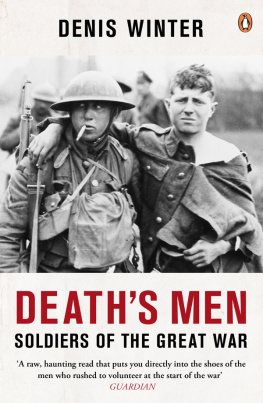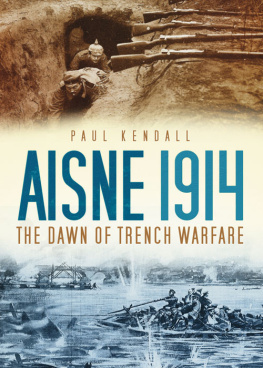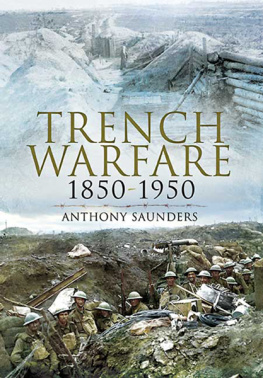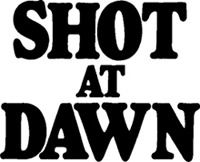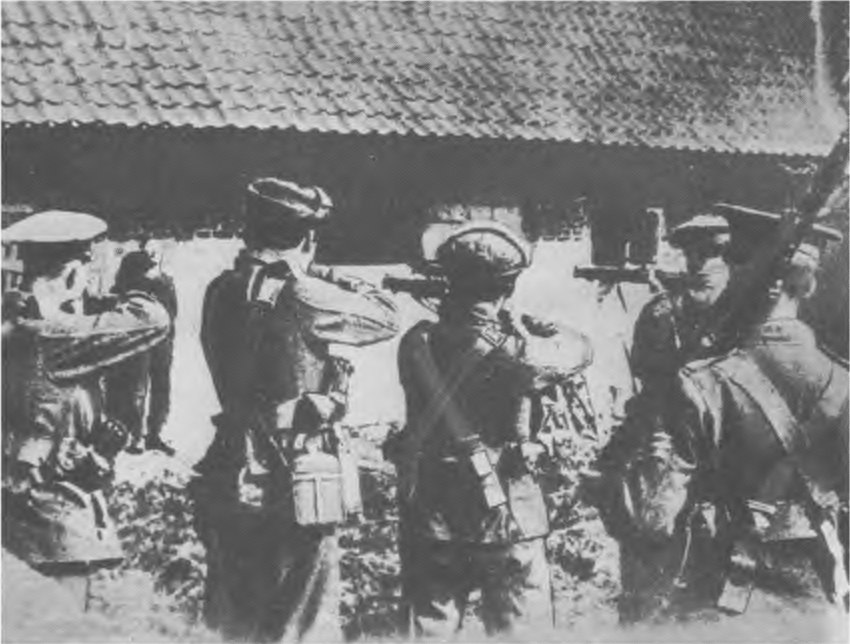Executions in World War One by authority of the British Army Act
First published in 1989
by Wharncliffe Publishing
an imprint of
Pen & Sword Books Ltd.
Second impression 1990
Third impression, new and revised edition 1992
Fourth impression May 1993
Fifth impression June 1993
Sixth impression 1996
Seventh impression March 1998
Eighth impression February 1999
Leo Cooper
an imprint of
Pen & Sword Books Ltd.
47 Church Street, Barnsley S70 2AS
Copyright Julian Putkowski, Julian Sykes
1989,1990,1992,1993,1996,1998,1999
For up-to-date information on other titles produced under
the Leo Cooper imprint, please telephone or write to:
Pen & Sword Books Ltd.
FREEPOST
47 Church Street
Barnsley
South Yorkshire S70 2AS
Telephone (24 hours): 01226 734555
ISBN: 0 85052 613 2
All rights reserved. No part of this publication may be
reproduced, stored in a retrieval system, or transmitted,
in any form or by any means, electronic, mechanical,
photocopying, recording, or otherwise, without the prior
permission in writing of the publishers.
This book is sold subject to the condition that it shall
not, by way of trade or otherwise, be lent, resold, hired
out, or otherwise circulated without the publishers prior
consent in any form of binding or cover other than that
in which it is published and without a similar condition
including this condition being imposed on the subsequent
purchaser.
A CIP catalogue record of this book is available from
the British Library.
Typeset by Wharncliffe Publishing Ltd.
47 Church Street, Barnsley, South Yorkshire S70 2AS
Printed and bound in Great Britain by Redwood Books
Authors Statement
In late 1989, when this book was first published, we called for the exoneration of all those who fell victim to British Army firing squads during the First World War. In anticipation of public interest in these cases, considered so sensitive that official records were declared secret for 75 years, the Ministry of Defence prepared a press statement with which they have sought to endorse their predecessors judgement.
Although conceding that public attitudes have changed, with regard to circumstances which led to military executions, the Ministry contends that these matters are now history and that the Army is no longer subject to the same penal code. The Ministry also maintains that there are no grounds for setting aside the convictions, because they consider conclusive re-appraisals are no longer possible.
We maintain that such perspectives amount to a sustained defence of the court martial injustices and executions we have chronicled. Shot at Dawn provides substantial, annotated evidence of illegal irregularities and wilful disregard for mitigating factors, including defendants ages, wounds and the effects of shellshock.
The Royal British Legion has championed the cause of these unfortunate men and their surviving relatives. Also, the authors have petitioned Her Majesty the Queen, and asked the Archbishop of Canterbury to intercede. Responses from the Ministry of Defence, Buckingham Palace and Lambeth Palace are still awaited.
We believe that few will read Shot at Dawn and conclude that these men deserved their fate, or that their shamed relatives should continue to endure the associated disgrace. Surely, the Ministry of Defence cannot continue to reasonably maintain that there is sufficient evidence to uphold these cases as sound convictions. Accordingly, we repeat our call for the Ministry of Defence to have the courage to admit these injustices, and to initiate procedures for exonerating all 351 men who were executed by the British Army during the First World War.
Contents
British firing squad in action. The shooting is that of a spy in Belgium early in
the war. [Penalty not inflicted by authority of the Army Act.]
In 1974 the publication of William Moores book The Thin Yellow Line confirmed suspicion that the punishment meted out to soldiers in the Great War for offences like cowardice and desertion had been ruthless. Since as early as Christmas 1914 speculation and rumour had been rife that this was the case.
A more learned account of these events was published in 1983, when His Honour Judge Anthony Babington was permitted to examine the court martial transcripts which during the war were required to be kept, provided that he did not name the individuals concerned nor their units. The Judges [findings confirmed the worst misgivings that anyone had expressed. Army procedures had seriously jeopardised the prospects of a fair trial, and after conviction the defendant could not expect to be treated sympathetically. As well as legal irregularities Judge Babington also highlighted the absence of informed medical opinion, further prejudicing a soldiers prospects of justice.
However, he did not enquire deeply into the background of individual soldiers tasks that had engaged our attention for some time prior to the Judge being granted access to the court-martial files. Some of the facts that emerged from our collaborative research were horrifying, and we consider their disclosure a necessity.
Judge Babington wrote a factual account of those questionable proceedings, based on access to official records. What his book accomplished was to let the actual records factually testify to the inequity of what happened. However, we are prepared to advance public awareness one step further, by the complete disclosure of the names of all individuals, their units, and the often appalling way in which they were sentenced to death. The elucidation of this information was not easy, but we have breached no rules of confidentiality, nor have we been granted access to any secret government archives. (Often referred to as closed records.)
After very careful consideration, a decision was reached (just prior to publication) to press for the complete exoneration of these men. Convictions should be quashed and the men pardoned. We are aware that a small number of these men whose cases we chronicle were desperate and worthless individuals and a few were prone to violence. However, they were treated with contempt and did not receive even the rudiments of a just hearing.
We feel that it is redundant to complain that the setting aside of these convictions in any way devalues the memory of soldiers who served and died with honour, for many of those who faced the firing squads had long and sometimes distinguished service records. For example, author Desmond Morton points out that one of the executed Canadians (whom unfortunately it has not been possible to identify) had been awarded the Military Medal for a previous act of gallantry.
The cases described in this book relate only to soldiers who were subject to the British Army Act. They do not include men executed under the authority of the Indian Army Act. Nor does our work feature the execution of civilians, German prisoners-of-war, spies and foreign nationals sentenced by military courts abroad.

